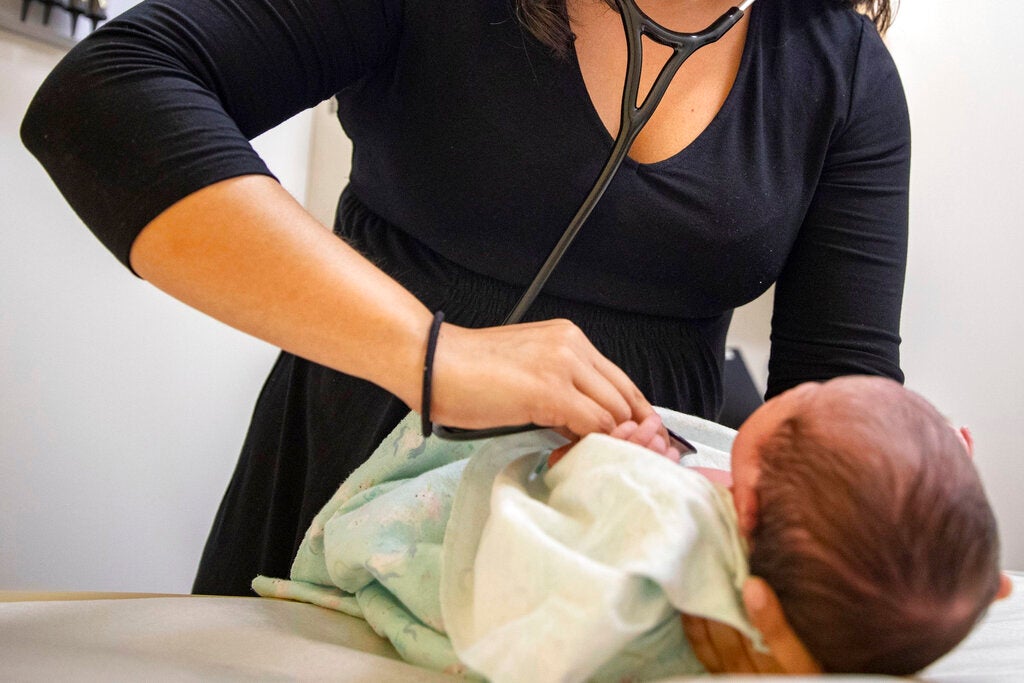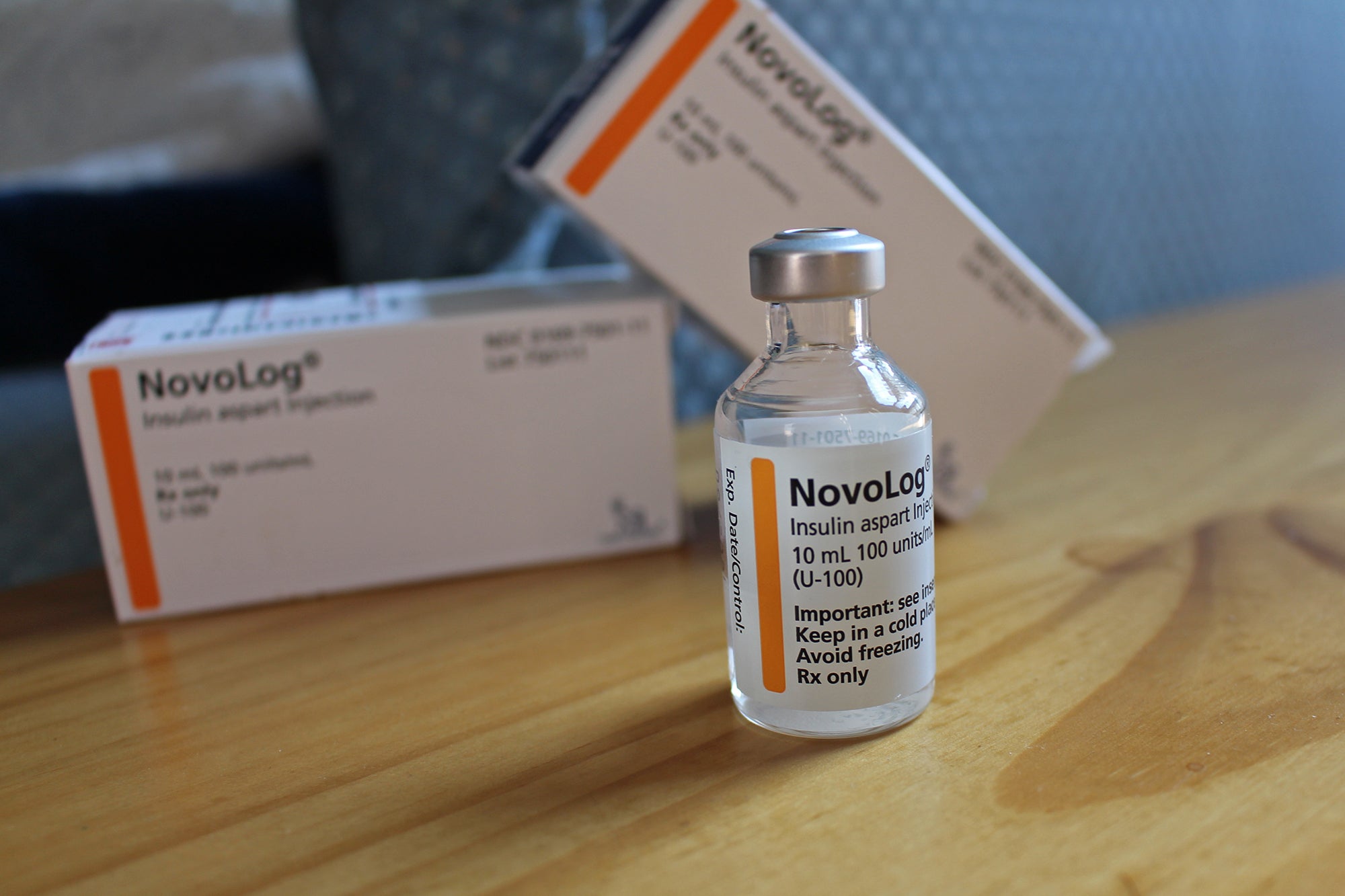Federal officials are saying a relatively new pilot program involving Medicare patients shows providers can save money while improving care.
Accountable Care Organizations are networks of doctors and hospitals that don’t get paid fees for each medical service, as is the norm. Rather, they get a set amount for each patient. Part of the idea is to avoid tests and services that are sometimes unnecessary.
In the Fox Valley, Bellin-ThedaCare Healthcare Partners has been an Accountable Care Organization since 2012. Dave Krueger, the network’s medical director, said Bellin-ThedaCare lowered costs 4.6 percent compared to national Medicare figures. They monitored those with diabetes and also encouraging annual wellness visits.
Stay informed on the latest news
Sign up for WPR’s email newsletter.
“Initially it may seem counterintuitive if you’re trying to save money to be driving care,” said Krueger. “But we’re realizing more and more we have to drive upstream care.”
In central Wisconsin, Marshfield Clinic recently became an ACO. They were not included in recently released federal data because it focused on earlier participants. Dr. Kori Krueger said preliminary cost savings nationally are encouraging, and that more patient data has helped control costs and improve care.
“We can’t change what we can’t measure,” said Krueger. “And so there’s been a huge development of infrastructure to enable us to gather data on the patients we have the privilege of serving.”
Accountable Care Organizations are part of federal health reform designed to control increasing Medicare costs. There are more than 300 pilot programs across the country.
Wisconsin Public Radio, © Copyright 2025, Board of Regents of the University of Wisconsin System and Wisconsin Educational Communications Board.





